(Click the video below to learn about the “Balancing Cupping Therapy” techniques.)
The video is in fast mode
Definition of Balancing Cupping

Balancing cupping therapy is a form of cupping therapy and an important component of balancing acupuncture. It is based on the theory of Yin and Yang, utilizing the principles of neuro-conduction, and focuses on self-balance. This natural therapy employs various cupping techniques to affect the human body without medication. The principle is that cupping can effectively stimulate the body’s vital energy (qi), unblock the meridians, and ensure smooth circulation of qi and blood throughout the channels.
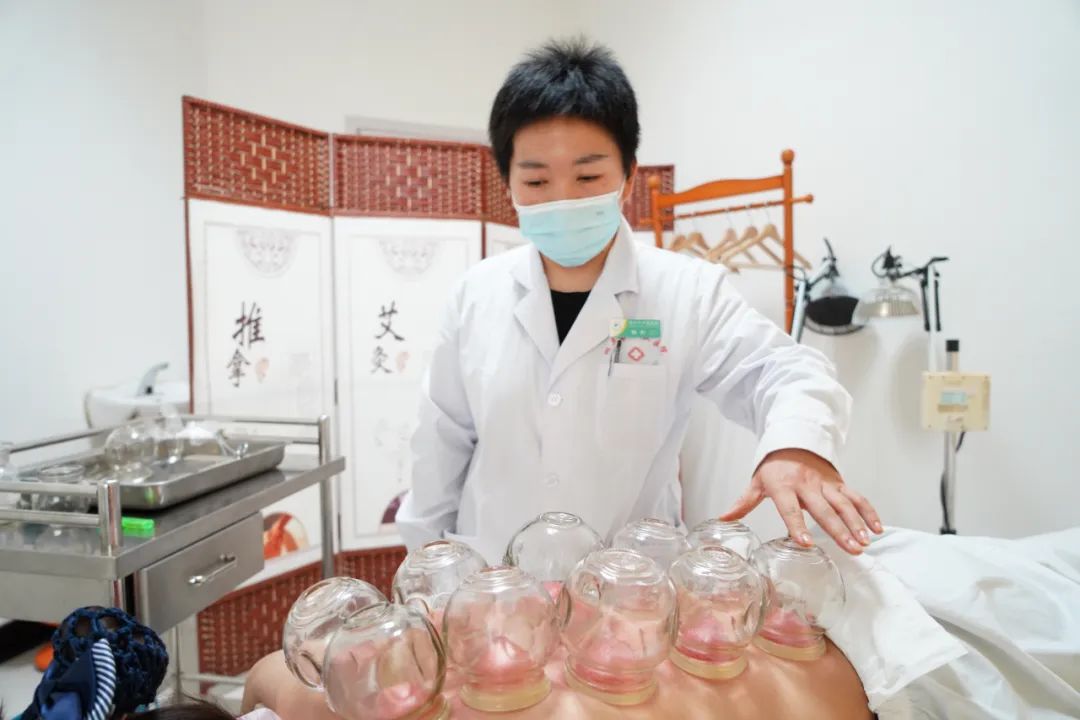
Mechanism of Action
 Balancing cupping therapy primarily employs techniques such as flash cupping, kneading cupping, sliding cupping, shaking cupping, and retained cupping. Specific points corresponding to the condition are selected to achieve a balancing effect on the pathological site. Techniques such as pressing, pulling, squeezing, and flicking are applied as beneficial stimuli. Utilizing the warming effect of cupping, continuous feedback is sent to the central nervous system, helping the body restore to a balanced state, thereby achieving the effects of unblocking meridians, regulating internal organs, balancing Yin and Yang, and treating chronic diseases.
Balancing cupping therapy primarily employs techniques such as flash cupping, kneading cupping, sliding cupping, shaking cupping, and retained cupping. Specific points corresponding to the condition are selected to achieve a balancing effect on the pathological site. Techniques such as pressing, pulling, squeezing, and flicking are applied as beneficial stimuli. Utilizing the warming effect of cupping, continuous feedback is sent to the central nervous system, helping the body restore to a balanced state, thereby achieving the effects of unblocking meridians, regulating internal organs, balancing Yin and Yang, and treating chronic diseases.
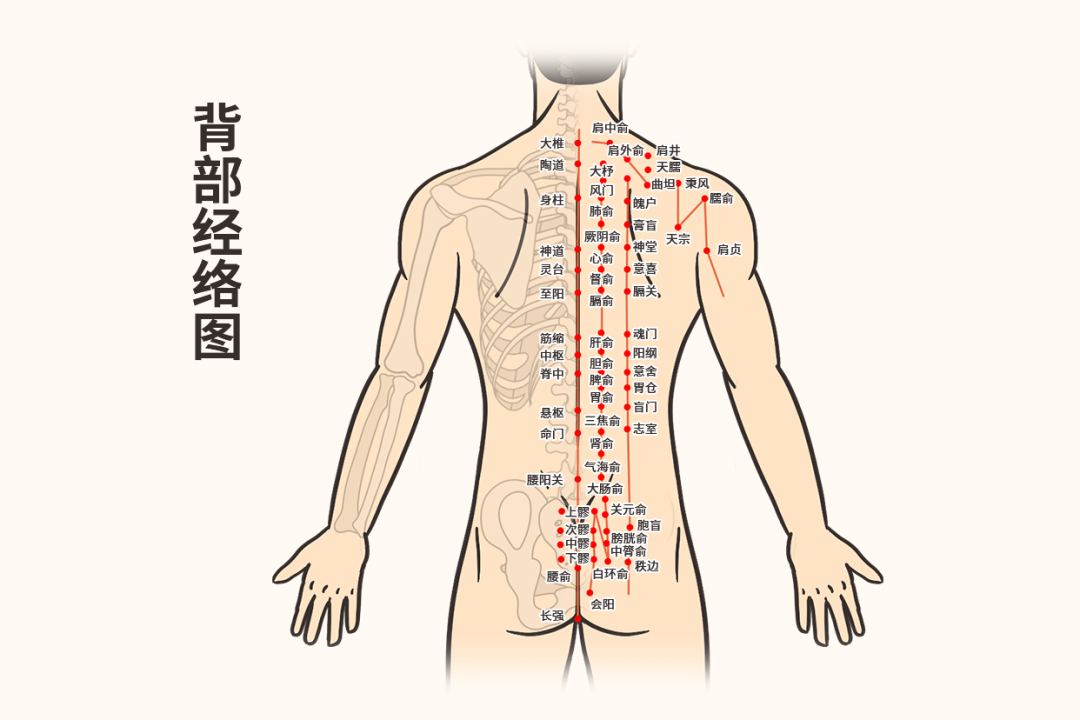
Differences from Traditional Cupping

Balancing cupping is more systematic in treating diseases, primarily focusing on the lumbar and back areas, particularly the Governor Vessel (Du Mai) and the Bladder Meridian (Foot Taiyang). The stimulation during the procedure starts lightly and gradually penetrates deeper into the painful areas. Different treatment techniques are selected based on the disease, incorporating various methods such as flash cupping, kneading cupping, sliding cupping, shaking cupping, and retained cupping, all without side effects, effectively treating and preventing diseases.
Techniques and Effects

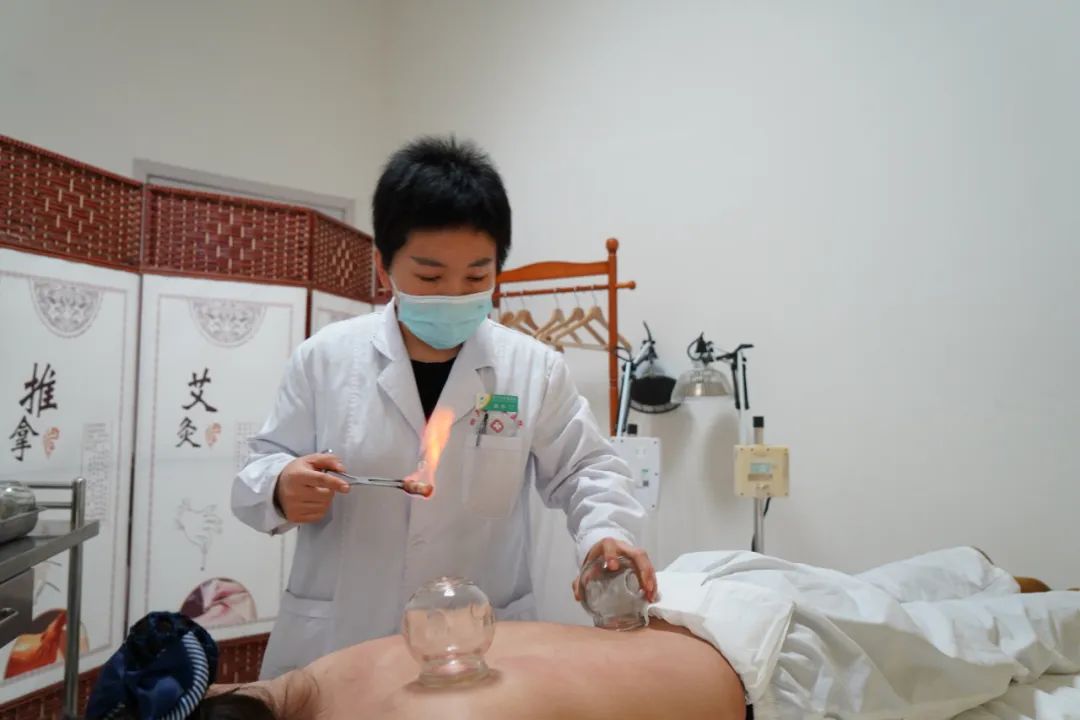
Flash Cupping: It has the effect of warming the meridians and dispelling cold.
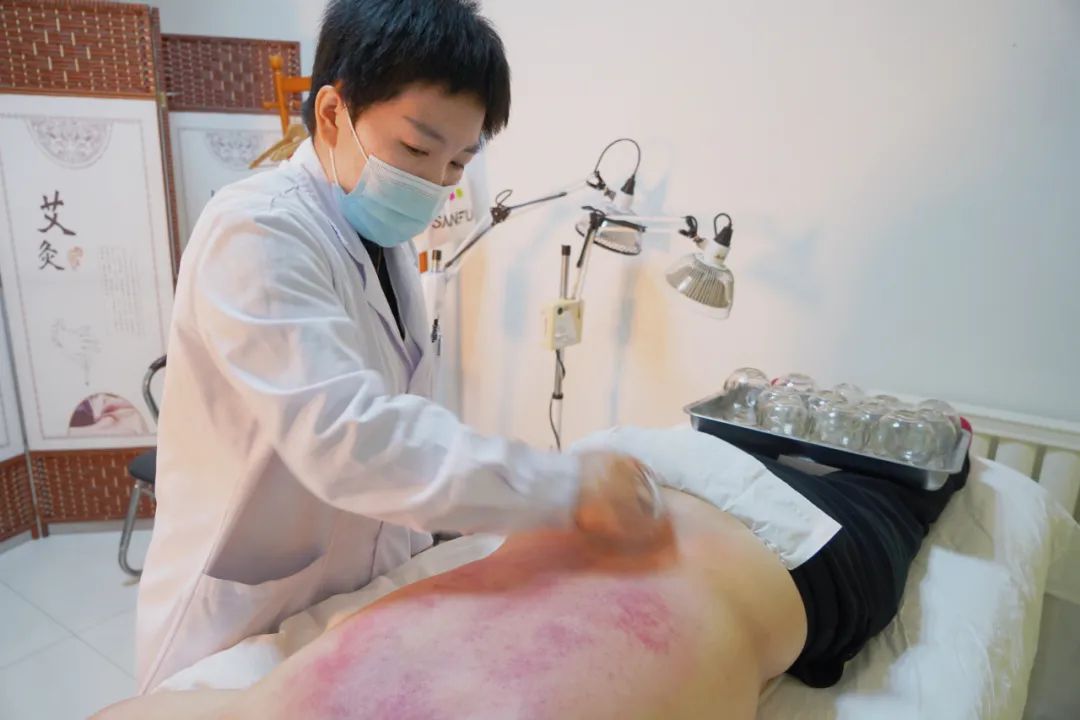
Kneading Cupping: It relaxes muscles and unblocks meridians, significantly alleviating symptoms of myofascial pain syndrome.
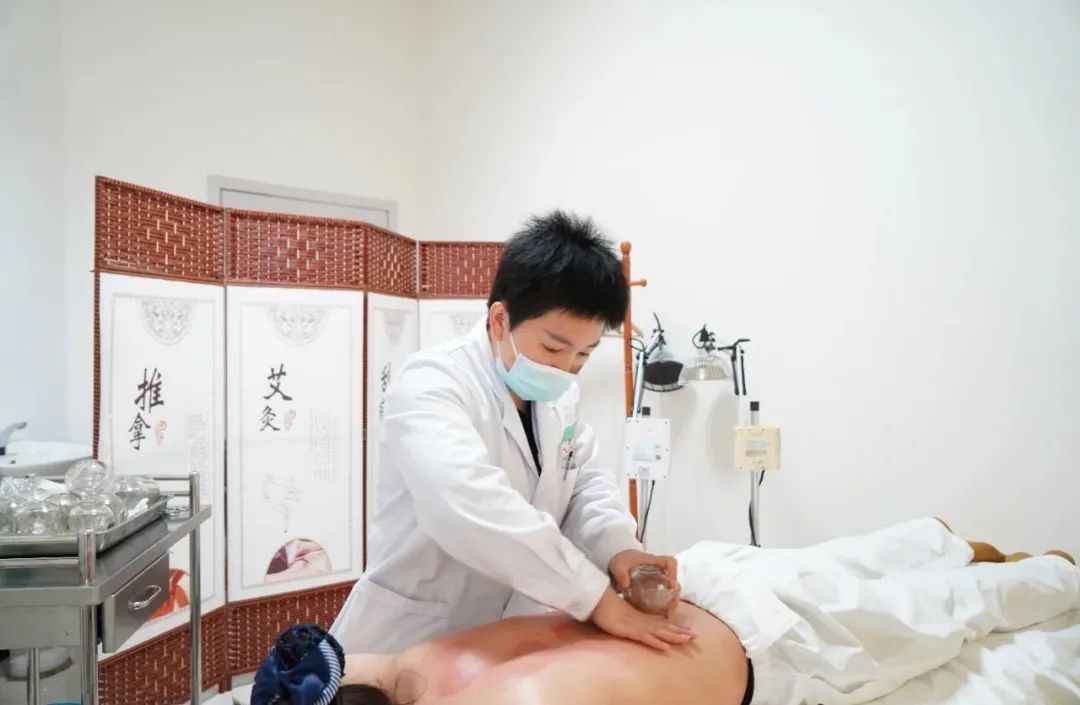
Sliding Cupping: It enhances nerve and muscle excitability, accelerates blood circulation, and promotes metabolism, showing good efficacy in improving issues related to central nervous system and peripheral nerves after stroke.
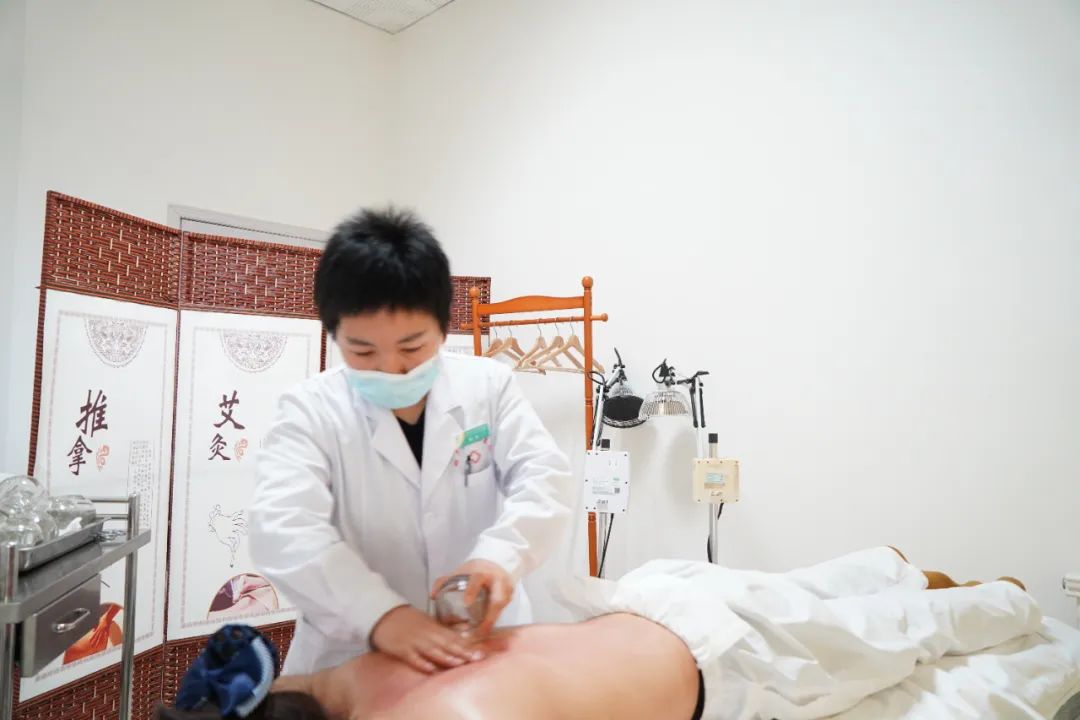
Shaking Cupping: A typical draining method, often used for heat-type diseases, it has the effects of clearing heat, draining fire, invigorating blood, and resolving stasis.
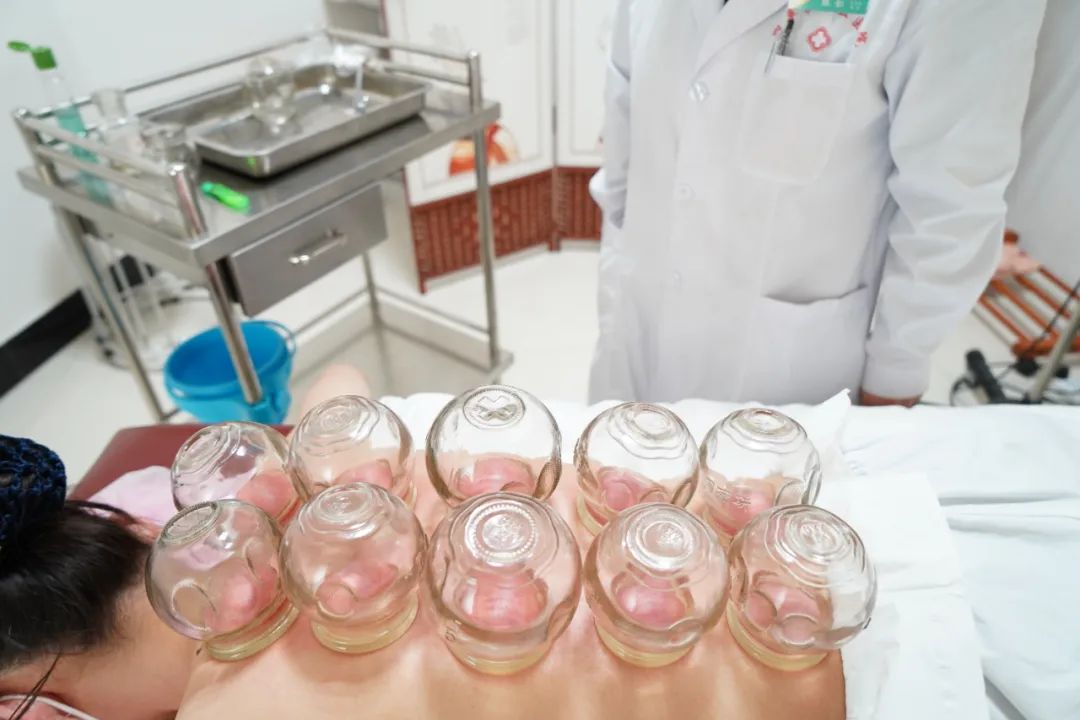
Retained Cupping: It warms the meridians, dispels cold, and relieves dampness.
Indications for Balancing Cupping

Chronic Fatigue Syndrome, insomnia, colds, obesity, shoulder periarthritis, neck and back pain, digestive system diseases, individuals with damp-heat constitution, recovery from cerebral infarction, and recovery from spinal cord injury.
Contraindications: Individuals with blood disorders, cancer patients, pregnant women, those with skin lesions or diseases, multiple organ dysfunction, those who are overly hungry or full, and individuals with mental disorders who cannot cooperate.
END

